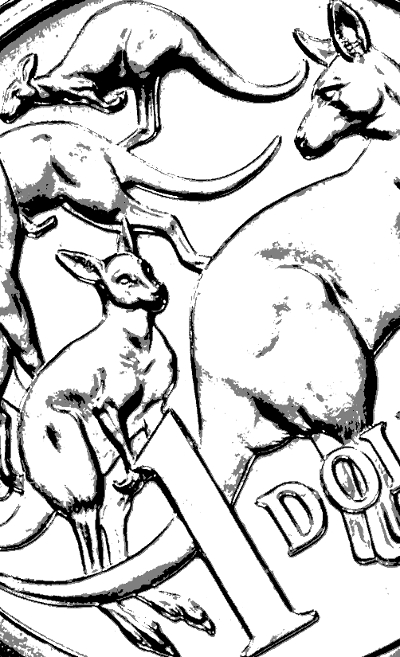FWC outlines wage rise
 Around 2.6 million Australians will see an increase in their pay from July.
Around 2.6 million Australians will see an increase in their pay from July.
The Fair Work Commission's (FWC) is raising the minimum wage by 3.75 per cent, from $23.23 per hour to $24.10 per hour.
This equates to an additional $33 per week for full-time workers, although most minimum wage workers.
The FWC says this is because employees who depend on modern award minimum wage rates differ significantly from the broader workforce.
“They mostly work part-time hours, are predominantly women, and almost half are casual employees. They are also much more likely to be low-paid,” the Commission stated.
While many workers welcome the wage increase, small business lobbies have expressed concerns. They say business owners will be forced to pass on these costs, and many will have to reassess staff levels.
The federal government supports the wage hike.
“This is the real wage increase that low-paid workers need and deserve,” Treasurer Jim Chalmers said.
“This is a win for 2.6 million workers and their loved ones… this means more money in the pockets of low-income workers and more help with the cost of living.”
The FWC's decision is in part a reaction to the cost-of-living pressures facing households.
The Commission noted that, despite last year's 5.75 per cent increase, real modern award minimum wages remain lower than five years ago.
The increase aligns with forecasts of inflation returning to target next year, and the FWC deemed it inappropriate to raise award wages significantly above the inflation rate at this time.
“The increase of 3.75 per cent which we have determined is broadly in line with forecast wages growth across the economy in 2024 and will make only a modest contribution to the total amount of wages growth in 2024,” the Commission wrote.
“We consider therefore that this increase is consistent with the forecast return of the inflation rate to below 3 per cent in 2025.”
The wage increase impacts just under 21 per cent of Australia's total workforce.
More details are available here.








 Print
Print